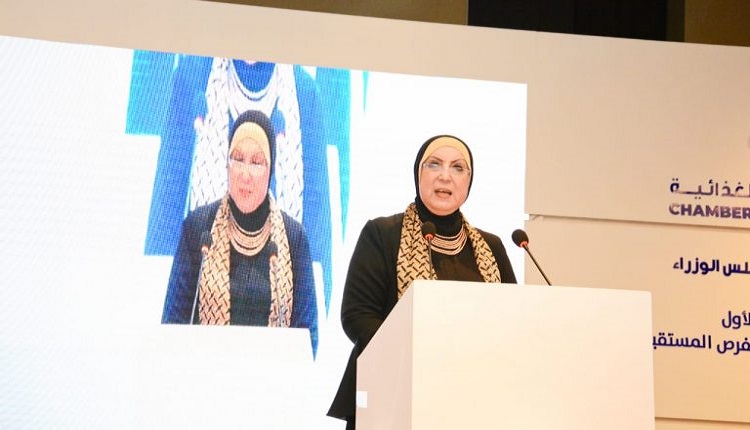Egypt is moving at a steady pace towards achieving the goals of the government’s ambitious economic reform programme and Vision 2030 strategy that were launched at the end of 2015 according to Minister of Trade and Industry Nevine Gamea.
The economic reforms programme includes legislative, financial, as well as infrastructure reforms. It has been implemented in a way that creates an ideal environment for the growth of industry, which is the locomotive of economic development.
While Egypt Vision 2030 strategy is based on five basic aspects of industry, including industrial development; export development; encouragement of small and micro industries; improving the vocational and technical training system; and raising the efficiency of institutions and Egypt’s quality system.
Gamea noted that the Ministry of Trade and Industry has made great efforts in this regard, including preparing the first integrated investment map for the industrial sector in Egypt.
It provides more than 4,800 investment opportunities, including the main foundations for linking local supply chains to existing industries by identifying the complementary industries required.
The aim is to deepen the industrial sectors in a way that contributes to bridging market gaps, stabilising imports, and increasing the value added of local products.
Gamea also added that her ministry has also participated in a legislative reform programme that compromised issue of a number of laws, including the Industrial Licensing Law and its executive regulations. Those regulations would simplify the procedures of obtaining licences for new industrial projects in nearly 80 percent of industrial sectors.
The Ministry of Trade and Industry has also taken part in amending the executive regulations of the law on importers’ registry, the minister added.


